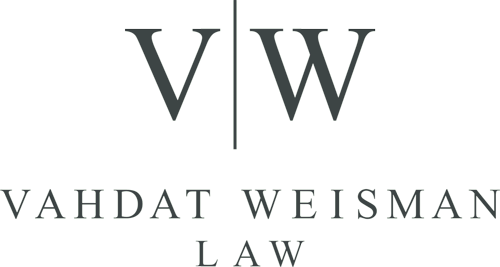What To Know About Proving Liability In Your Premises Liability Case
Premises liability claims are pursued by victims who sustain injuries as a result of an unsafe or defective condition presented on another person’s property. Working with the Michigan premises liability attorneys at Vahdat Weisman Law ensures you are able to get the advocacy and dedicated representation you need to pursue the justice you deserve for your injuries. Our team will investigate the circumstances surrounding your case and effectively demonstrate how the defendant’s actions led to your injuries and damages.
Duty Of Care
Premises liability claims help injured victims obtain compensation for medical treatment and other financial burdens they face moving forward. To prevail with your claim, it is imperative that you are able to prove that elements of negligence existed. These include demonstrating that the property owner owed you a duty of care.
The duty of care is generally owed to anyone who is invited onto a property. Regardless of whether you are attending a party, going to an amusement park or purchasing products from a store, it is imperative that you are safe while doing so. Not only is it critical to be able to prove that a property owner owed you the duty of care, but you must also prove that the property owner or manager breached their duty to provide care.
Instances where property owners breach their duty of care include an absence of a caution sign near a wet floor or broken or cracked flooring, and instances where inadequate security is implemented to protect guests from violence. After proving that the property owner breached their duty to provide care, you must demonstrate that the breach led to your injuries. Furthermore, you must demonstrate that the injuries you sustained resulted in damages. Damages surrounding premises liability injuries include medical treatment costs, lost wages, pain and suffering, and more.
Types Of Guests In Michigan
People who enter onto properties throughout Michigan fall under any of the three categories of guests. The category of guests you fall under will determine the extent of legal protection you have. These categories include:
- Invitees: Invitees are guests who have the property owner or manager’s expressed or implied permission to enter the premises. Invitees include friends, neighbors and relatives of the property owner. Invitees are owed a duty of reasonable care. This means that property owners are required to provide safe premises for their guests.
- Licensees: These people enter upon a property with the expressed or implied permission of the manager or owner of the property. These guests enter upon a property for their own purposes. For example, licensees can include salesmen, customers and amusement park attendees. Property owners are required to provide the duty of care to licensees on their property. When property owners are unable to immediately remedy a problem, they are required to take action to provide a notice to licensees about issues on the premises if the property owner is aware of the condition and the licensee is not likely to discover the issue.
- Trespassers: This category of guests has the least legal protection. Trespassers are those who enter onto a property unauthorized. In general, Michigan law specifies that property owners owe very little duty of care to ensure safe conditions for people who trespass onto their property. Although this is generally an applicable defense, there are some situations where trespassers are owed the duty of care. Generally, these guests include small children and others protected by the attractive nuisance doctrine. This doctrine states that property owners who fail to make safe conditions that could attract small children can be held liable for resulting injuries and damages. Property owners must take steps toward securing swimming pools, blocking off treehouses and safeguarding other areas on their property that may entice small children to enter.

